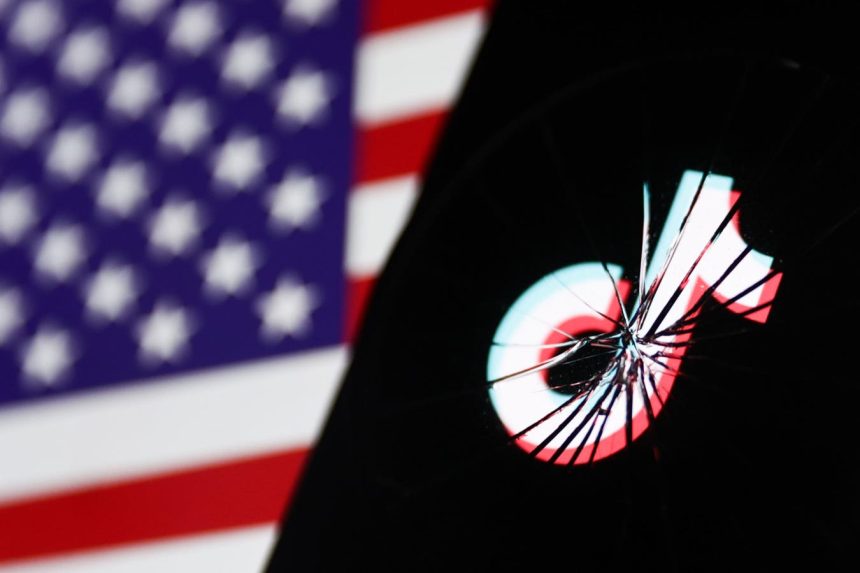The Supreme Court’s decision to expedite the hearing of TikTok’s challenge against a ban of its operations in the United States signifies the gravity of the case and its potential ramifications for the future of online platforms and national security concerns. The accelerated timeline, with oral arguments scheduled for January 10th and briefs due before the holiday season, indicates the Court’s intention to address the issue promptly, possibly before the ban is slated to take effect on January 19th. This swift action underscores the urgency surrounding the case and the Court’s recognition of its significant implications.
The Court’s decision to proceed with the case, despite TikTok’s argument to wait and see President-elect Biden’s stance, suggests a desire to address the legal and constitutional questions independently of the changing political landscape. By requiring briefs and arguments before the inauguration, the Court ensures that the law is defended by the Biden administration’s Department of Justice (DOJ), which played a role in drafting the legislation, rather than the outgoing Trump administration, whose position might be subject to change. This strategic move underscores the Court’s commitment to a consistent and objective legal analysis, irrespective of political considerations.
The central issue in the case revolves around the constitutionality of the law requiring TikTok’s Chinese parent company, ByteDance, to divest its ownership or face a ban. The D.C. Circuit Court of Appeals, in a controversial ruling, upheld the law, arguing that it was protective of American free speech by safeguarding the information ecosystem from foreign influence. This novel interpretation of First Amendment principles raises profound questions about the balance between national security and free expression, and the Supreme Court’s decision will undoubtedly shape future jurisprudence in this area.
The Supreme Court’s ruling has the potential to reshape the regulatory landscape for foreign tech companies operating within the United States. A decision upholding the ban could establish a precedent for greater government scrutiny and control over foreign-owned platforms, particularly those perceived as posing national security risks. Conversely, a decision in favor of TikTok could limit the government’s ability to restrict foreign companies’ operations based on national security concerns, potentially impacting the future regulatory framework for international tech companies.
Beyond the immediate implications for TikTok, the case has broader ramifications for the digital economy. The Court’s decision could influence how future regulations address data privacy, content moderation, and the influence of foreign entities on online platforms. The ruling could also impact the competitive landscape of the social media industry, with a potential ban on TikTok potentially benefiting its competitors. Furthermore, the case could set a precedent for government intervention in other sectors where national security and economic interests intersect.
The outcome of the Supreme Court’s decision will have cascading effects. If the law is upheld, ByteDance will be forced to sell TikTok to a non-Chinese company or exit the U.S. market, potentially affecting millions of users and content creators. Other ByteDance-owned apps could also face similar restrictions, reshaping the landscape of social media and online content creation. This decision could also strain U.S.-China relations, adding another layer of complexity to an already tense geopolitical environment. Conversely, if the ban is overturned, it could embolden other foreign tech companies operating in the U.S. and limit the government’s ability to regulate them based on national security concerns. The Supreme Court’s decision will undoubtedly be a pivotal moment, shaping the future of digital platforms, national security, and the global tech landscape.



